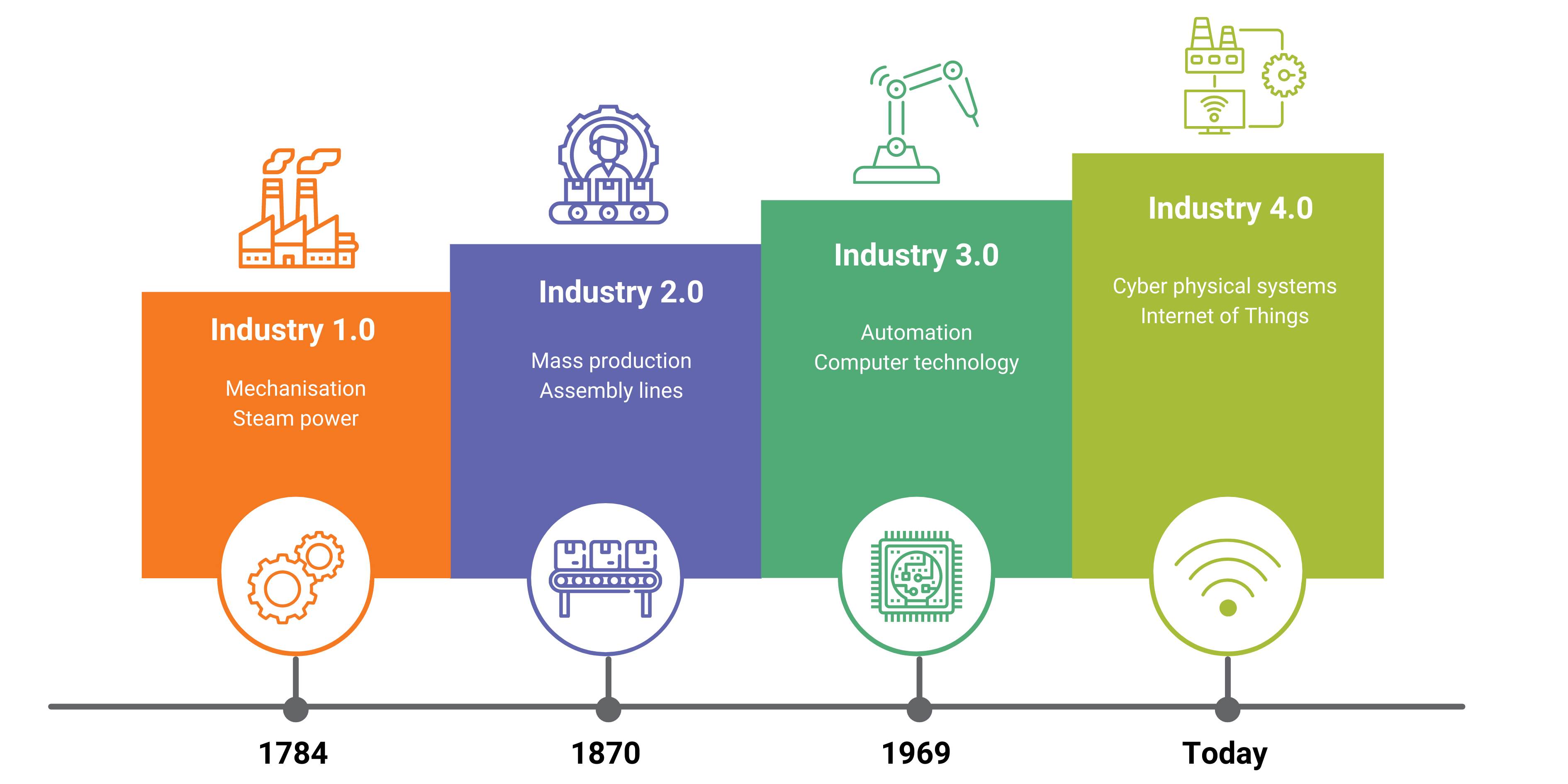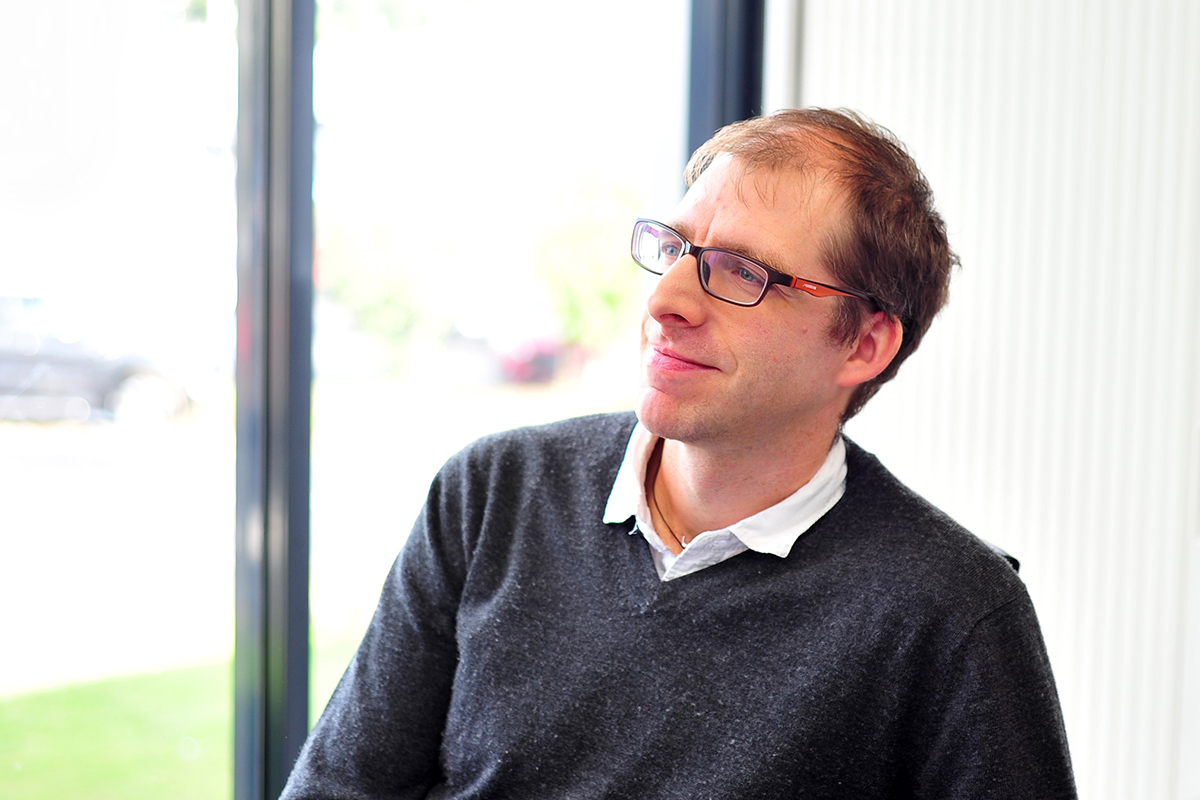Just as the industrial revolution called for businesses to adapt to electricity enabling mass production, today’s businesses have to embrace the uptake of smart technologies and data.
Why? Because the advent of the fourth industrial revolution, or Industry 4.0 is here!
Industry 4.0 is characterised by a fusion of technologies that is blurring the lines between the physical, digital and cyber-physical. It’s a change in the way we do business that calls for the heavy engineering industry to embrace new technologies into their business models for productivity gain.
The problem is, this is easier said than done.
Knowing when and how to incorporate these new technologies into your business model can be difficult, and of course requires a financial commitment that is not often achievable for businesses with no innovation strategies in play.
At HERA we understand this. We also understand that to create the adoption of Industry 4.0, it is not so much about focusing on the underlying technologies (although this is very important), but more so, helping our industry understand and seek the improvements and changes this technology has the potential to bring to them.




